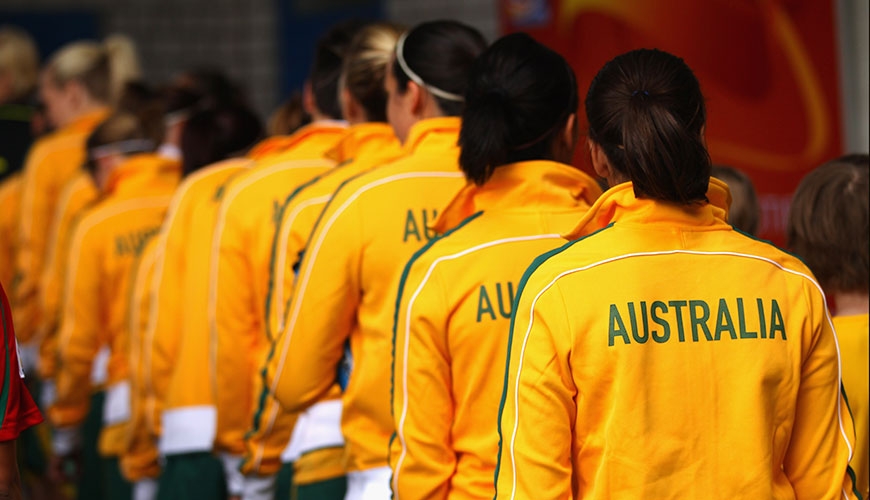FIFA Women’s World Cup 2023: Human Rights Risk Assessment

The Australian Human Rights Commission partnered with FIFA (Fédération Internationale de Football Association) and the New Zealand Human Rights Commission (NZHRC) to conduct a human rights risk assessment for the FIFA Women's World Cup which will be held in Australia and New Zealand in 2023. The mega sporting event will be jointly delivered by FIFA, the Australian and New Zealand governments and host cities, and the local operating entities of FIFA.
The aim of this assessment was to identify, jointly with relevant national and international stakeholders, the human rights risks and opportunities associated with the 2023 FIFA Women’s World Cup and make recommendations for prevention and response.
This human rights risk assessment was conducted using the framework outlined in the UN Guiding Principles on Business and Human Rights, an authoritative global standard for addressing and preventing human rights impacts associated with business activity.
Broadly, the assessment covered the potential impacts of the Women’s World Cup on players, spectators, workers and local communities in Australia and New Zealand.
The Commission conducted the assessment jointly with the New Zealand Human Rights Commission through a combination of the following:
- desktop review and research
- consultations with stakeholders in both Australia and New Zealand
- online submissions via the Commission’s website.
Special attention was also given to the topic of safeguarding those who may be at particular risk, such as children and young people, women, indigenous communities, culturally and linguistically diverse communities, disabled people and persons identifying as LGBTQI+.
The report identifies 57 salient human rights areas, assessed according to the scale, scope and remediability, in accordance with the UNGPs, as well as the likelihood of the risks arising.
As part of the assessment, a number of recommendations across key areas were developed including athlete rights, worker and labour rights, accessibility, social inclusion, gender equality, anti-discrimination, and safeguarding and child protection.
The Australian and New Zealand Human Rights Commissions published their findings and recommendations in a report released in 2021.
Image credit: Robert Cianflone – FIFA via Getty Images
